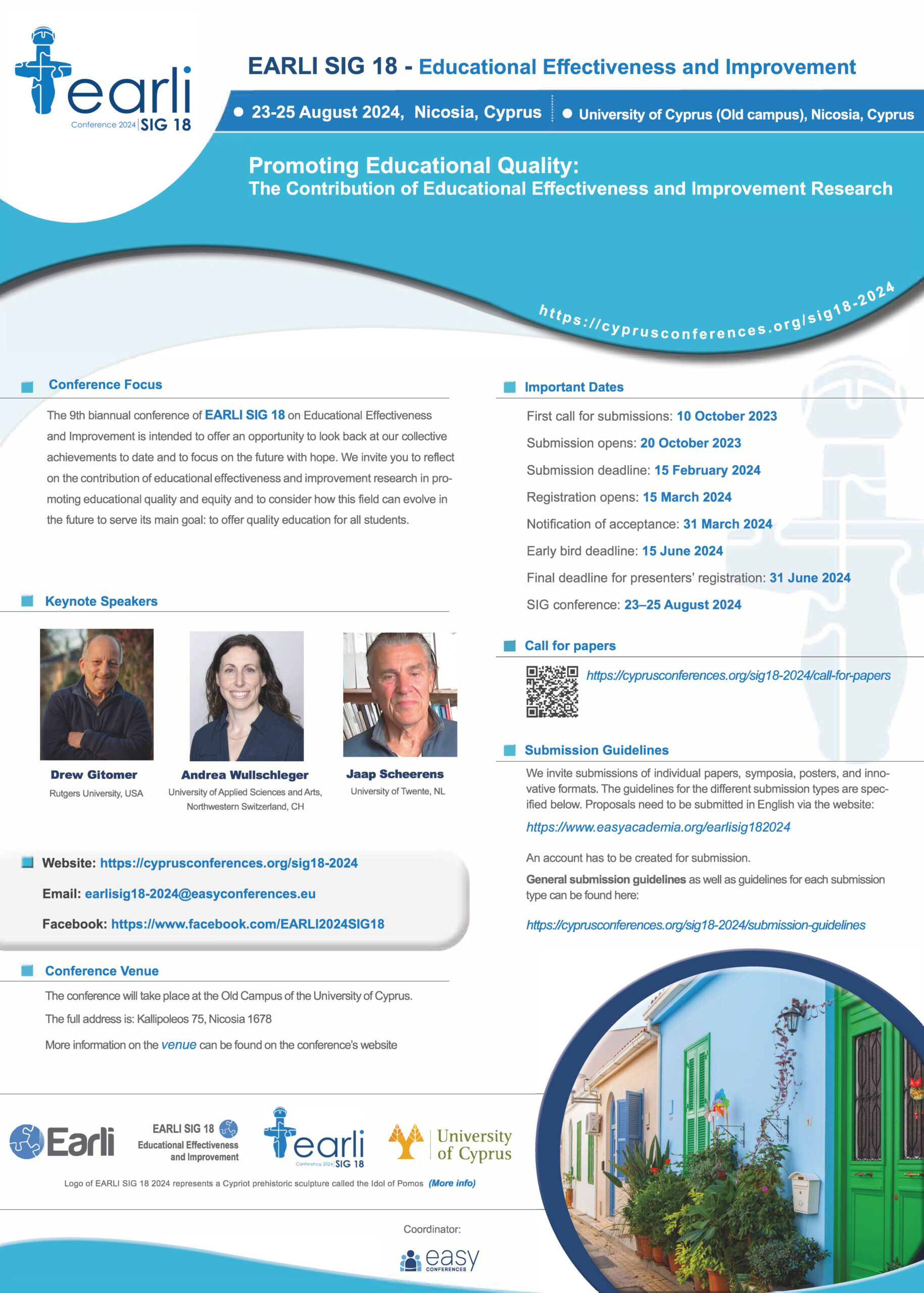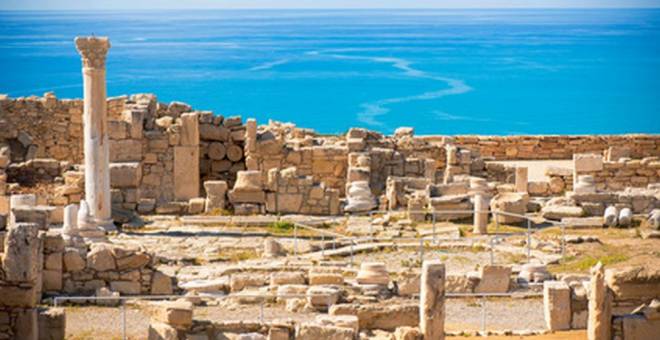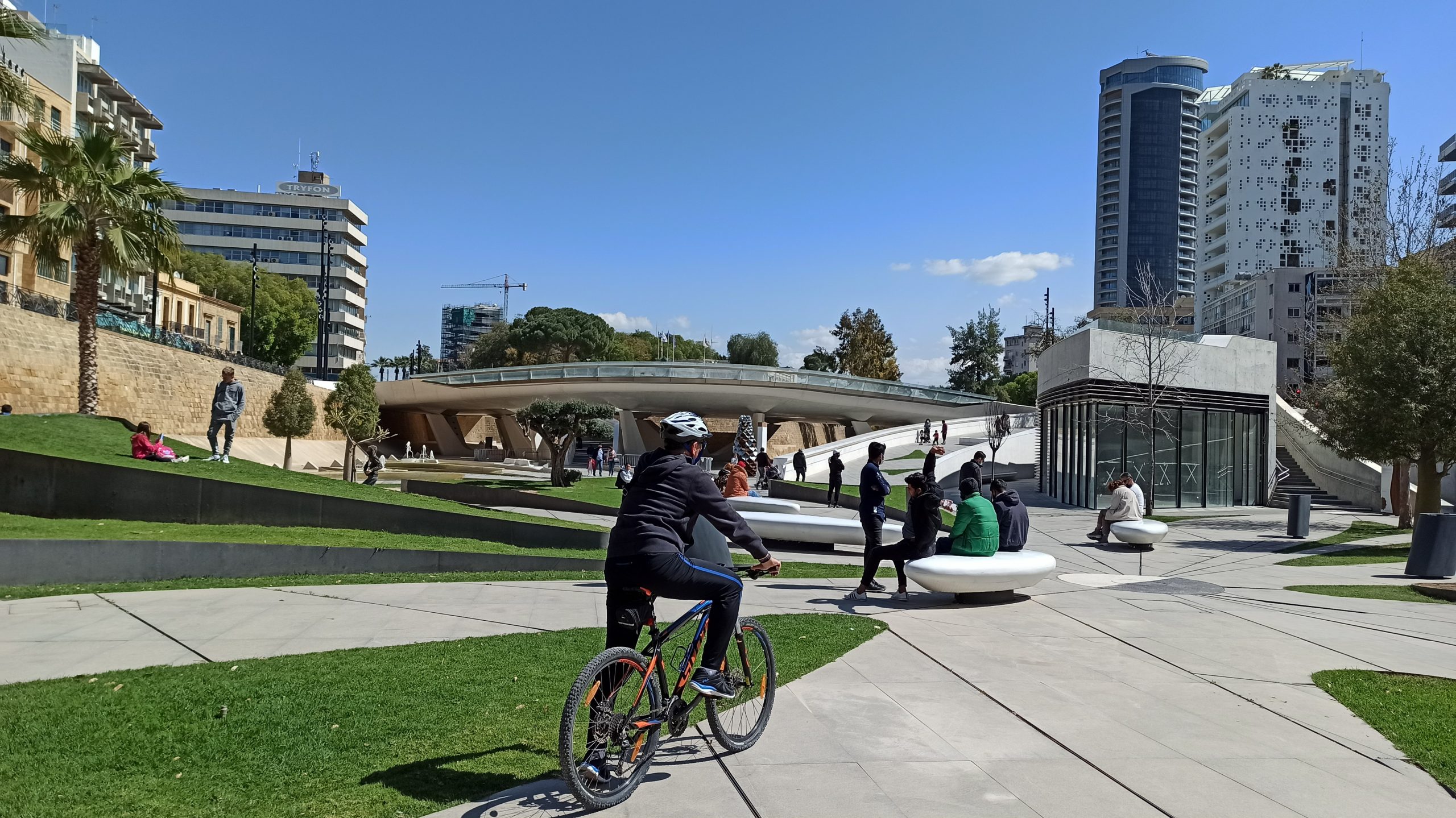Welcome
Promoting Educational Quality: The Contribution of Educational Effectiveness and Improvement Research
The last years have seen radical changes in our world: from the global pandemic that has changed (at least temporarily) the ways of socializing and interacting inside and outside of schools, to ongoing wars and conflicts in different places of the planet that have spurred massive migration, to the more recent advancements in artificial intelligence whose impact on our everyday lives is yet to be understood. In such a world in which “everything changes rapidly, and nothing stands still for even a moment”—to paraphrase ancient philosopher Heraclitus—it is always beneficial to pause for a while, reflect on what we have collectively accomplished in the past, and consider how we might want to move on in the future.
Almost sixty years after the publication of two reports that have challenged the role of schools and teachers in promoting student learning and which have, in essence, given birth to the field of educational effectiveness and improvement, the time seems ripe to engage in such a reflection. As a field we seem to have made significant steps at different levels for which we can cherish: generating theoretical constructs and models to study and understand educational effectiveness and improvement; developing and utilizing advanced methodological approaches to study the effects of schooling on student learning; utilizing data-driven and evidence-based practices to implement strategies and interventions that have been scientifically proven to enhance learning outcomes; developing a renewed focus on educational equity; combining quality and equity to better understand the relation between the two and how they can be concurrently pursued; expanding the types of learning outcomes considered; and embracing more complex models that attend to the role of different contextual factors on student learning—to name a few. Despite these advancements, the field still has several open questions and challenges, especially in a world that has recently taught us that the typical modes of teaching and learning should not be taken for granted.
The 9th biannual conference of EARLI SIG 18 on Educational Effectiveness and Improvement is intended to offer an opportunity to look back at our collective achievements to date and to focus on the future with hope. We invite you to reflect on the contribution of educational effectiveness and improvement research in promoting educational quality and equity and to consider how this field can evolve in the future to serve its main goal: to offer quality education for all students. Hosted in Cyprus, this conference will provide us with an opportunity to gather, discuss, and reflect on current key issues, trends, successes and challenges in our field and, building on them, consider how we might address future challenges and opportunities. With a history that dates back at least tens of thousands of years and a present affected by the global socio-political challenges, Cyprus offers a unique place to inspire dynamic conversations, adopting such a Janus-faced approach, both looking back at our accomplishments as well as looking forward to future possibilities and opportunities.Read More
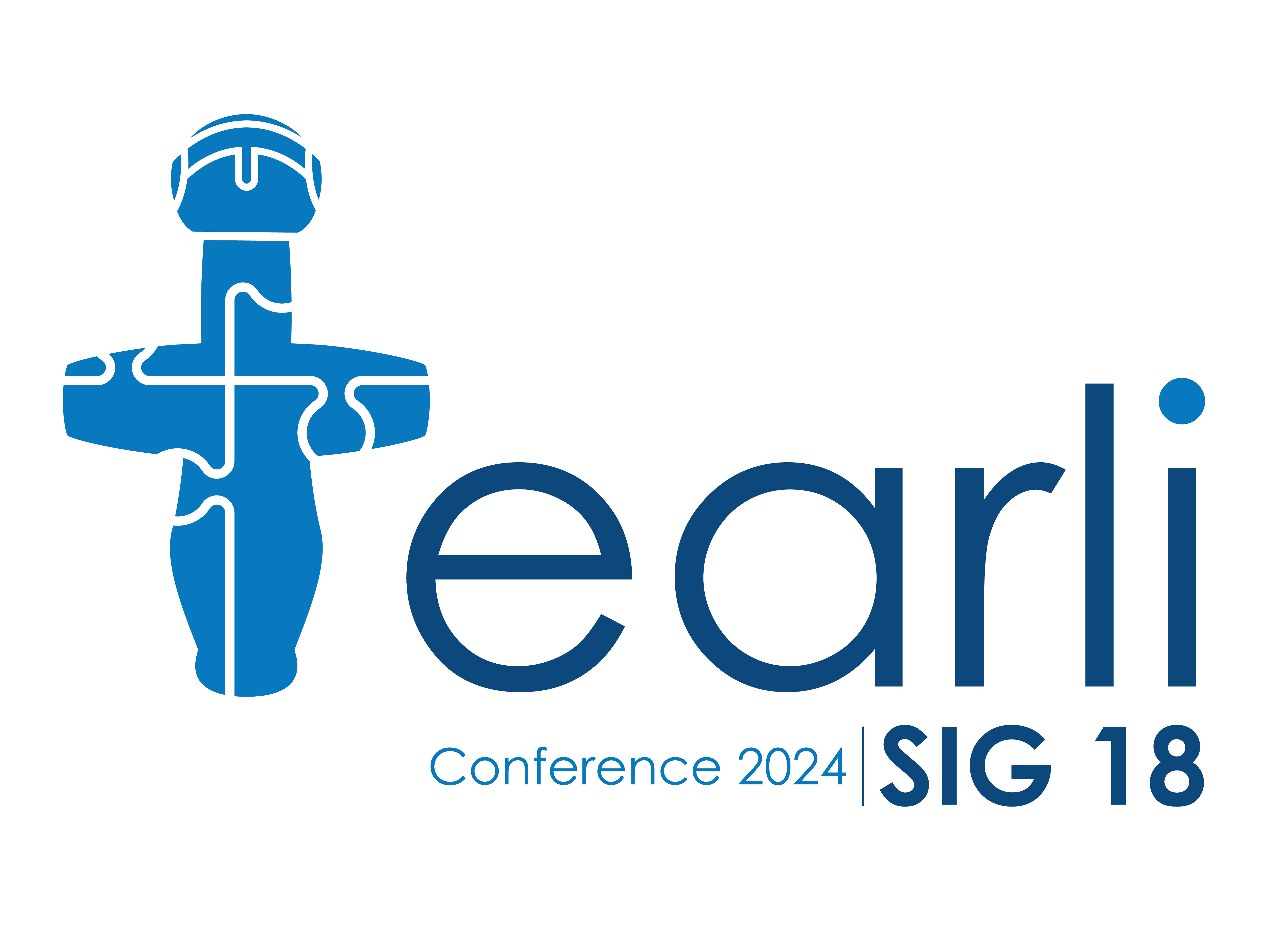
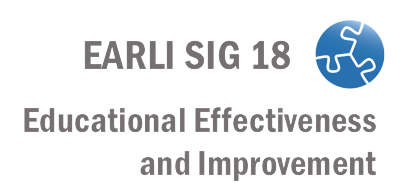
Call for Papers
Important Dates
- First call for submissions: 10 October 2023
- Submission opens: 20 October 2023
- Submission deadline: 15 February 29 February 2024
- Registration opens: 15 March 2024
- Notification of acceptance: 31 March 8 April, 2024
- Early bird deadline: 10 July 2024
- Final deadline for presenters’ registration: 21 June 2024
- SIG conference: 23–25 August 2024
CYPRUS
The history of Cyprus is one of the oldest recorded in the world and its historical significance is disproportionate to its small size. The first signs of civilisation date to the ninth millennium B.C. The earliest known foreign settlements on the island were mainly of Phoenicians and Greeks, with Phoenician culture dominating the island’s eastern and southern parts. Cyprus occupies an important role in Greek mythology being the birthplace of Aphrodite and Adonis, and home to King Cinyras, Teucer and Pygmalion.
NICOSIA
Nicosia is the capital of Cyprus; a status it has enjoyed for 1000 years since the 10th century, though its beginnings date back 5000 years to the Bronze Age. It lies roughly in the centre of the island in the Mesaoria Plain, flanked by the beautiful northern range of Kyrenia Mountains with its distinctive ‘Pentadaktylos’ – the five finger mountain. The capital presents two distinct faces: the old, original part of the city, surrounded by sturdy Venetian walls over 400 years old, and a busy modern metropolis.
VENUE
The University of Cyprus (https://www.ucy.ac.cy/en/) was established in 1989 and admitted its first students in 1992. It was founded in response to the growing intellectual needs of the Cypriot people, and is well placed to fulfil the numerous aspirations of the country. The University is a vigorous community of scholars engaged in the generation and diffusion of knowledge. Despite its brief history, the University of Cyprus has earned the respect of the international academic community and the appreciation of Cypriot society.
Organisers
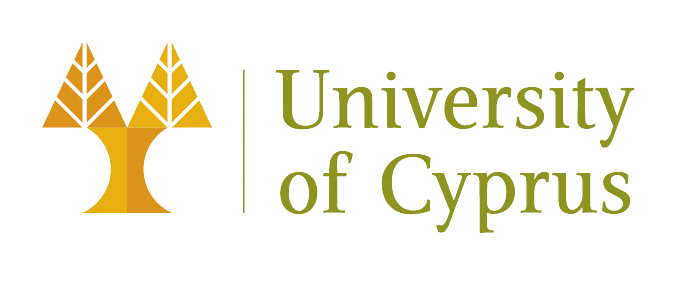
Sponsor

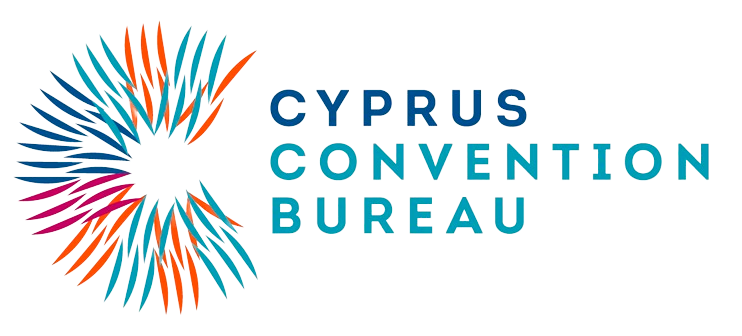
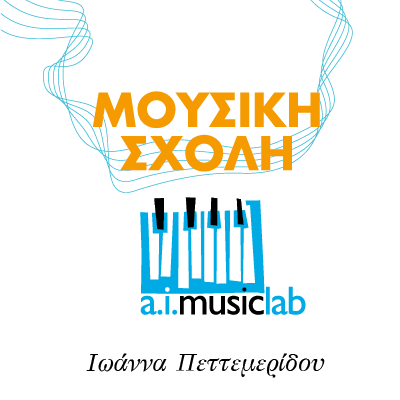
EARLI SIG 18 2024 CONFERENCE: Call for Papers (DEADLINE EXTENDED)
We’re extending the deadline for proposal submissions until February 29, 2024!
After several requests for extending the submission deadline, we have decided to provide two more weeks to help you develop your proposal and submit it on time.
The new deadline is Thursday, February 29, 2024 (midnight, CET)!
We appreciate the time, effort, and energy you have put into preparing your proposal and we look forward to welcoming you to the island of Cyprus!
Where do I submit my proposal?
We remind you that we invite submissions of individual papers, symposia, posters, and innovative formats. Please check the Call for Papers https://cyprusconferences.org/sig18-2024/call-for-papers/ for more information.
General submission guidelines as well as guidelines for each submission type can be found here: https://cyprusconferences.org/sig18-2024/submission-guidelines/
If you have any queries, please get in touch by emailing us at earlisig18-2024@easyconferences.eu
Also visit our website and Facebook page for all latest news and updates:
Website: https://cyprusconferences.org/sig18-2024/
Facebook: https://www.facebook.com/EARLI2024SIG18
